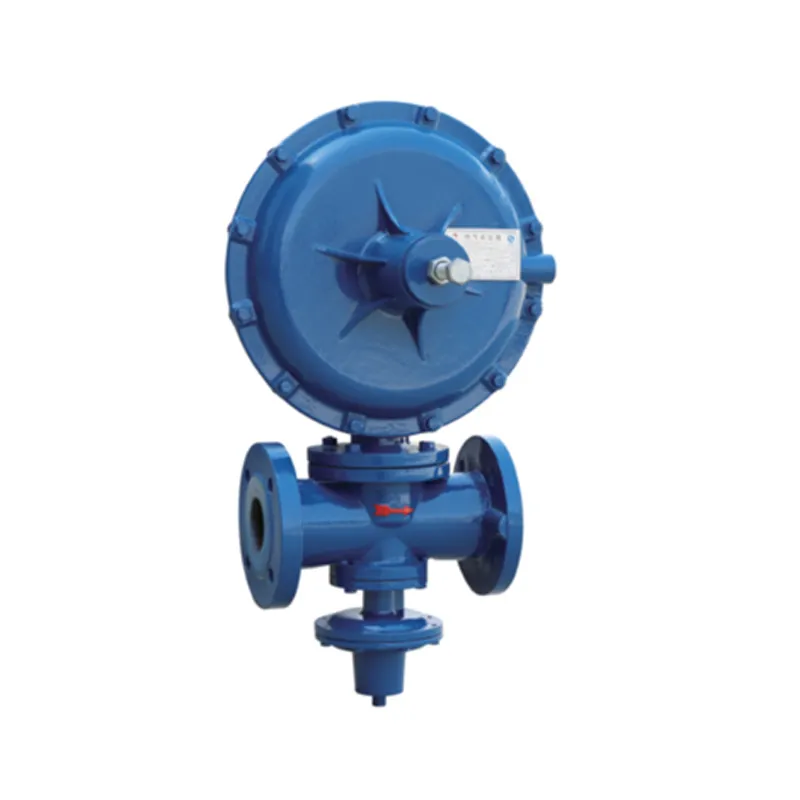
Nov . 21, 2024 09:21
Back to list
natural gas safety valve
Understanding Natural Gas Safety Valves Essential Components for Safety and Reliability
Natural gas is one of the most widely used energy sources around the world, powering everything from home heating systems to industrial processes. While it offers significant advantages in terms of energy efficiency and lower emissions, safety is paramount when handling natural gas. This is where natural gas safety valves come into play.
What are Natural Gas Safety Valves?
Natural gas safety valves are critical devices designed to protect equipment and systems involving natural gas from operating under unsafe conditions. They are mechanical devices that automatically prevent the over-pressurization of gas lines, ensuring that systems remain within safe operational limits. When the pressure exceeds a predetermined level, these valves open to release excess gas, acting as a safeguard against potential hazards such as leaks, explosions, and fires.
Types of Safety Valves
There are several types of safety valves used in natural gas applications, including
1. Relief Valves These valves release gas when the pressure exceeds a certain threshold. They can be adjusted to specific pressure settings and are essential for maintaining system integrity.
2. Shut-off Valves These are designed to completely stop the flow of gas in case of a fault detected in the system. They can be manually or automatically operated and play a crucial role in emergency scenarios.
3. Combination Valves These devices integrate both relief and shut-off capabilities, providing a comprehensive solution for pressure management in gas systems.
natural gas safety valve

Importance of Safety Valves in Gas Systems
Safety valves are vital for several reasons
- Preventing Accidents By controlling and managing pressure, these valves prevent dangerous situations that could lead to catastrophic failures or accidents.
- Regulatory Compliance Many jurisdictions have strict regulations regarding natural gas systems. Utilizing safety valves ensures compliance with these safety standards, helping to avoid legal repercussions.
- Operational Reliability Safety valves contribute to the overall reliability of gas systems. By reducing the likelihood of system failures, they help maintain continuous service and operational efficiency.
Maintenance and Testing
To ensure that safety valves function correctly, regular maintenance and testing are essential. Valves should be inspected for signs of wear, corrosion, or other damage that may impede their operation. Additionally, periodic testing should be conducted to verify that the valves open at the correct pressure and function as intended.
Conclusion
Natural gas safety valves are indispensable components of any natural gas infrastructure. Their ability to manage pressure and ensure safe operation cannot be overstated. As the demand for natural gas continues to grow, the importance of these safety devices will only increase. Proper installation, regular maintenance, and adherence to safety regulations will ensure that gas systems operate smoothly and safely, protecting both people and property. Understanding and investing in high-quality safety valves is not just a regulatory requirement; it’s a critical step in promoting safety in natural gas usage.
Next:
Latest news
-
Safety Valve Spring-Loaded Design Overpressure ProtectionNewsJul.25,2025
-
Precision Voltage Regulator AC5 Accuracy Grade PerformanceNewsJul.25,2025
-
Natural Gas Pressure Regulating Skid Industrial Pipeline ApplicationsNewsJul.25,2025
-
Natural Gas Filter Stainless Steel Mesh Element DesignNewsJul.25,2025
-
Gas Pressure Regulator Valve Direct-Acting Spring-Loaded DesignNewsJul.25,2025
-
Decompression Equipment Multi-Stage Heat Exchange System DesignNewsJul.25,2025

